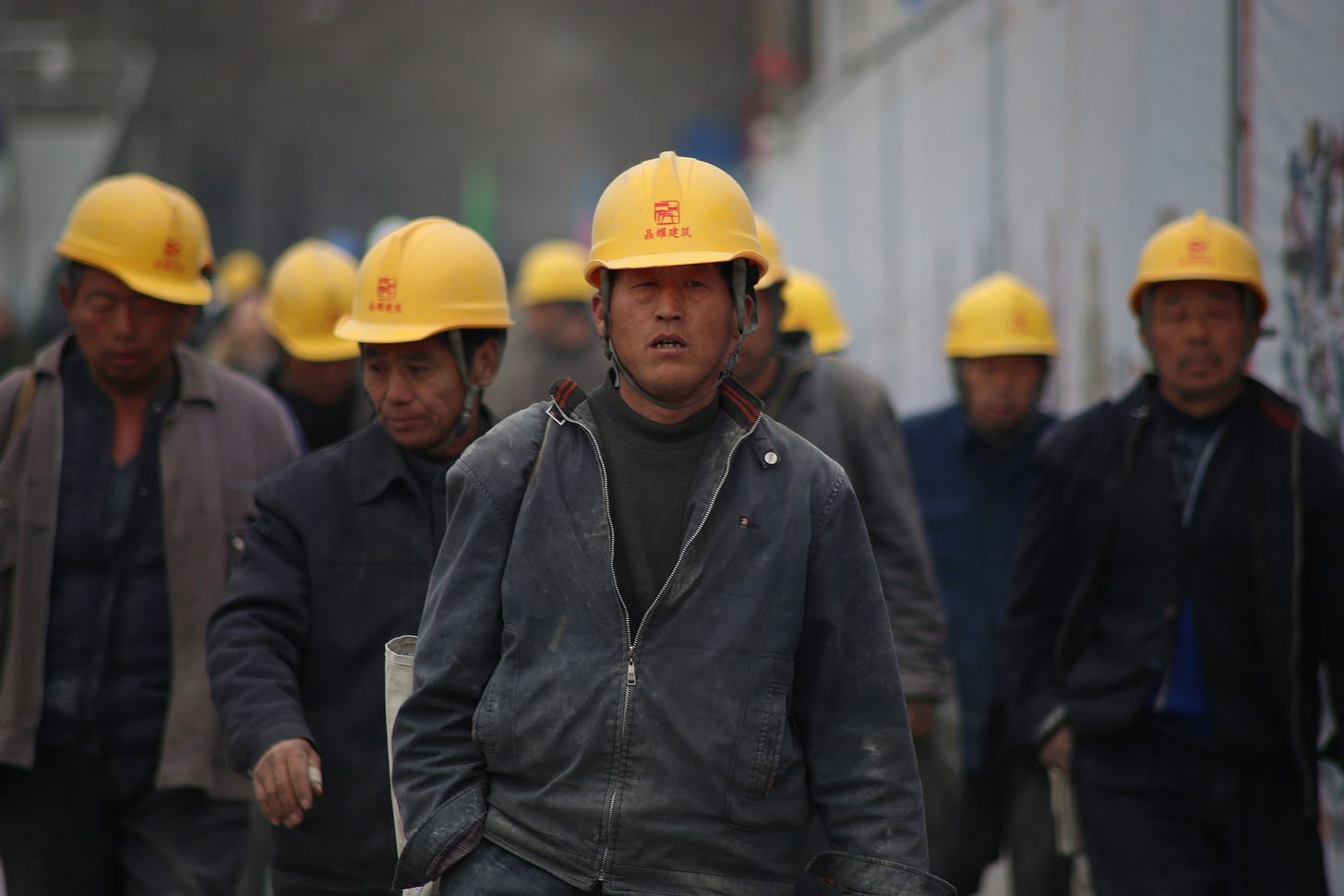Worried about Chinese Industrial Policy? Don't Be.
Branstetter et. al. find that Chinese subsidies do not increase total factor productivity, but diminish it.

Much political ado has been made about Chinese subsidies to industry making their firms more innovative and competitive than American analogs. Empirical findings from the working paper of Lee G. Branstetter, Guangwei Li, and Mengjia Ren, “Picking Winners? Government Subsidies and Firm Productivity in China,” suggest that China is handicapping Chinese industry, not promoting it. The economists’ paper investigates how Chinese industrial policy has impacted the TFP, profitability, and employment of recipients of direct cash subsidies since 2007.
“[W]e conduct a two-stage analysis: in the first stage, we estimate standard Cobb-Douglas production functions separately by industry, and compute total-factor productivity (TFP) as the residual calculated for each firm in each year. In the second stage, we seek to understand the relationship between government subsidies and firm productivity in China… [W]e also use employment or R&D investments as a dependent variable.1
Their findings should assuage fears in Washington about Chinese firms being made artificially more competitive than American ones; the data show that large, under-productive, artificially profitable, non-innovative firms have been made less productive and less innovative post-subsidies.
"In general, we find a negative correlation between subsidies and lagged TFP that is statistically significant at the 5% level in most specifications. There appears to be a robust positive correlation between subsidies and firm size, as measured by the firm’s total assets. The relationship between subsidies and net profit is also positive and significant at the 5% significance level. These results suggest that, overall, subsidies are given to larger and more profitable, but less productive firms.”2
Economists familiar with Janos Kornai’s explication of the effects of the soft budget constraint will not be surprised by these findings.3 In short, Chinese intervention has predictably removed the market discipline necessary to motivate productive and dynamic efficiency for the simple reason that, when a firm’s margins are guaranteed by tax-payers, and capital and labor are arbitrarily allocated thereto, these industries remain under-productive, bloated, and feel no pressure to horizontally or vertically differentiate themselves from competitors, domestic or international. The total dead weight loss of Chinese rent-seeking, as understood by Gordon Tullock, I explain here.
The inefficient direction of Chinese capital is no cause for celebration; the inefficient allocation of scarce resources anywhere in our globalized economic system means less total surplus to go around. I hope that China drops such wasteful policies for the sake of their own real economic growth and value creation, as well as the world’s (read: our own!).
Branstetter, Lee G, Guangwei Li, and Mengjia Ren. “Picking Winners? Government Subsidies and Firm Productivity in China” (2022), 20.
Ibid, 26.



